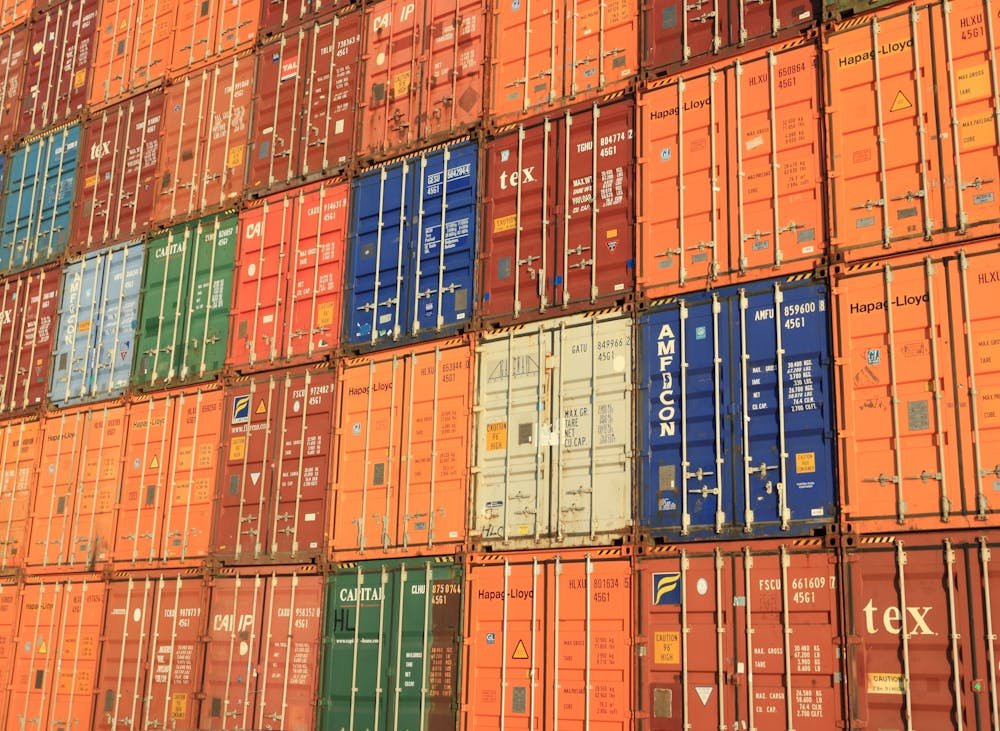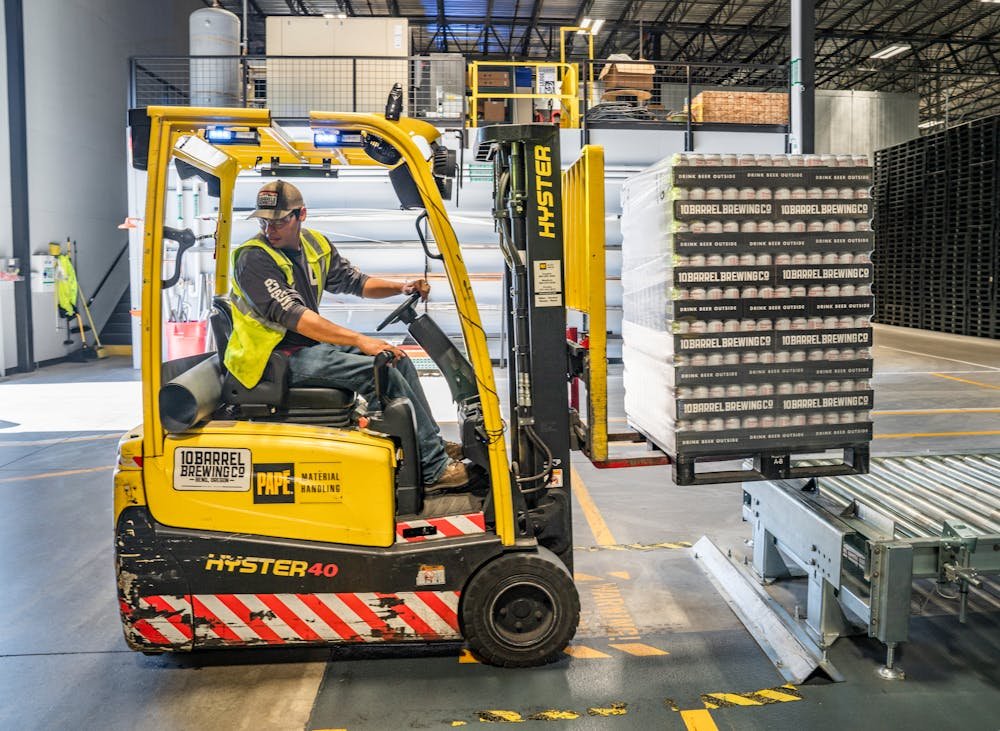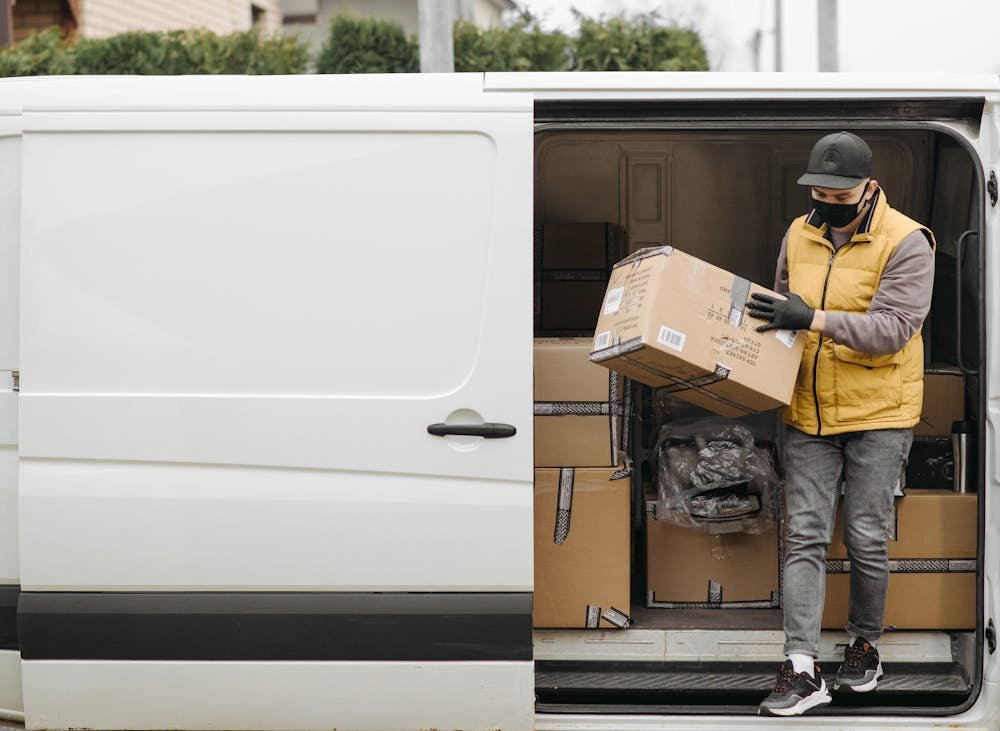
Let us discuss about shipping from UK to Australia costs, timeframes & tips.
Shipping from one country to another is definitely not easy. But shipping from one continent to another, from Europe (UK) to Australia, is surely a huge challenge. With advanced technology and reliable shipping services like London Cargo, it is now possible to ship from the UK to Australia without worrying much.
Shipping goods from the UK to Australia in 2025 involves multiple considerations, including choosing the right freight method, understanding associated costs, navigating customs regulations, and selecting a reliable shipping company. This comprehensive guide walks you through all the essential information to make informed shipping decisions.
Available Shipping Methods: Air vs Sea Freight

Before you finalize anything related to shipping, it is better to go through all the shipping methods that are available to ship from the UK to Australia.
The two options to ship from the UK to Australia are: air freight and sea freight. Each option caters to different needs depending on urgency, budget, and type of goods.
Air Freight
Air freight is the fastest method to ship goods internationally. Air freight is ideal for business documents, electronics, or samples that need swift delivery.
It is especially suitable for:
- Time-sensitive packages
- High-value or fragile items
- Smaller volumes
Advantages:
- Speed: The crucial benefit of air freight is its speed. While sea shipments can take weeks, air cargo can reach most destinations around the world within a matter of days. This makes it a suitable choice for perishable goods, urgent deliveries, or high-value items.
- Reliability: Airlines generally adhere to strict schedules, which means fewer delays. Even if a delay occurs, the frequency of flights means that goods can usually be rerouted or sent on the next available plane.
- Security: Air freight typically offers a higher level of security. The controlled airport environment and shorter transit times reduce the risk of damage or theft.
- Less Need for Warehousing: Because goods move quickly, there is usually less need for local storage and warehousing, which can reduce inventory costs.
Disadvantages:
- Cost: Air freight usually costs more than sea freight. The cost is calculated based on weight and volume, which can be prohibitive for bulky or heavy shipments.
- Limited Capacity and Size Restrictions: Aircraft have strict limitations on the size and weight of cargo. Oversized or heavy machinery, for example, may not be suitable for air shipping.
- Environmental Impact: Air freight has a much higher carbon footprint compared to sea freight. For businesses with sustainability goals, this is an important consideration.
Sea Freight
Sea freight, or ocean freight, is the method of transporting goods in cargo ships across oceans. It is by far the most common method for international trade, particularly for large volumes of goods.
Advantages of Sea Freight:
- Cost-Effective for Large Shipments: Sea freight is much more economical than air freight, especially for heavy or bulky items. The cost per unit is low when shipping in bulk, making it ideal for raw materials, machinery, furniture, and consumer goods.
- Higher Capacity: Cargo ships can carry a vast quantity of goods compared to aircraft. Container sizes vary (20-foot and 40-foot), allowing for easy and efficient packing.
- Fewer Restrictions: Unlike air cargo, sea freight has more lenient restrictions regarding the types of goods that can be transported, including hazardous materials, liquids, and oversized items.
- Environmental Considerations: While still polluting, sea freight is relatively more fuel-efficient per ton-mile than air freight. It is generally considered the greener option for international transport.
Disadvantages of Sea Freight:
- Slower Transit Time: Shipping by sea takes significantly longer—ranging from several days to several weeks—depending on the origin and destination ports. This delay can affect inventory planning and customer satisfaction.
- Less Predictable: Sea freight can be impacted by port congestion, customs delays, and weather conditions. These factors can cause unpredictable delays in delivery.
- More Complex Logistics: Coordinating sea freight often involves dealing with multiple parties—freight forwarders, customs brokers, shipping lines, and port authorities. This may create complications for the logistics and increase lead times.
- Risk of Damage: Although rare, goods transported by sea can be subject to damage due to rough handling or moisture, especially if not packed properly.
Sea freight comes in two forms:
- Full Container Load (FCL): You book the entire container.
- Less than Container Load (LCL): Your goods share a container with others.
How Long Does Shipping Take from UK to Australia?

Transit times depend on the shipping method and specific service level:
Air Freight
- Standard Air Freight: 5–10 business days
- Express Courier Services : 3–5 business days
Sea Freight
- FCL & LCL Services: 6–12 weeks total, depending on origin, destination, transhipments, and customs clearance
Additional time may be required for:
- Consolidation or deconsolidation (for LCL)
- Australian quarantine inspection
- Delays due to weather or port congestion
Customs, Duties & Regulations Explained
Australia enforces strict customs and quarantine rules to protect its biodiversity and economy. Understanding and complying with these rules is essential to avoid delays or penalties.
Customs Duties & Taxes
- Goods valued over AUD 1,000 are subject to:
- Import Duty (varies by item classification)
- Goods and Services Tax (GST): 10%
- Customs Clearance Fees
Quarantine & Biosecurity Regulations
- Australia’s Department of Agriculture screens shipments for biological risks.
- Items must be clean and free of soil, plant material, pests, or animal residues.
- High-risk items (wood, food, seeds, etc.) may require treatment or inspection.
Prohibited & Restricted Items
- Firearms, explosives, and weapons
- Certain chemicals and pesticides
- Narcotics and controlled drugs
- Fresh produce, meat, dairy
- Cultural heritage objects
Use a licensed customs broker or experienced freight forwarder like London Cargo to manage compliance.
How to Choose a Reliable Shipping Company

Your choice of shipping company significantly affects cost, time, and peace of mind.
Key Factors to Consider:
- Years of industry experience
- Range of services (door-to-door, customs assistance, insurance)
- Transparent pricing and no hidden fees
- Online shipment tracking and customer support
- Positive customer testimonials and ratings
- Decades of freight forwarding expertise
- Competitive pricing for both air and sea freight
- Full-service solutions, including customs clearance and documentation
- Reliable tracking and customer service
Trusting a professional like London Cargo minimizes the risk of shipment issues.
When it comes to choosing a reliable logistics partner in UK, London Cargo stands out for its exceptional service, industry expertise, and customer-focused solutions. Whether you are shipping by air or sea, London Cargo offers tailored freight services designed to meet the unique demands of businesses and individuals.
Comprehensive Global Network
London Cargo has established partnerships with major airlines and shipping lines, allowing access to competitive rates and priority space on flights and vessels. Whether you’re importing electronics from Asia or exporting goods to North America, London Cargo ensures global reach with local expertise.
Flexible Shipping Options
From full container loads (FCL) and less-than-container loads (LCL) in sea freight to express, standard, or consolidated air cargo services, London Cargo offers flexible shipping options to match your budget, timeline, and cargo type.
Customs Clearance Expertise
International shipping involves complex documentation and customs regulations. London Cargo’s in-house customs brokers ensure smooth and efficient clearance at all major UK ports and airports, minimizing delays and avoiding costly errors.
Transparent Pricing and Real-Time Tracking
With London Cargo, you benefit from competitive and transparent pricing—no hidden fees or last-minute surprises. Their real-time tracking system gives you complete visibility into your shipment’s journey from origin to destination.
Personalized Customer Service
What sets London Cargo apart is its commitment to personalized service. A dedicated account manager provides end-to-end support, helping you choose the best shipping method, navigate documentation, and address any issues promptly.
Whether you are looking for speed and precision with air freight or cost-effective reliability with sea freight, London Cargo is the partner you can trust to deliver your goods safely, efficiently, and on time.
Tips to Save Money When Shipping to Australia
- Plan Ahead: Booking in advance can secure better rates, especially for sea freight.
- Consolidate Shipments: Combine smaller packages into one larger shipment to reduce per-unit cost.
- Use LCL for Smaller Loads: Share container space with others to save on full container charges.
- Avoid Peak Seasons: Shipping during off-peak periods can lead to cost savings.
- Negotiate Rates: For business or frequent shipping, negotiate with carriers or freight forwarders.
- Use Correct Packaging: Avoid oversized or improperly packed items that increase volumetric weight.
- DIY Delivery or Pickup: If you live near a port, you can cut costs by handling final-mile delivery.
- Understand Tariffs and Duties: Proper classification can reduce import taxes
Required Documents for International Shipping
Proper documentation allows smooth customs clearance and prevents shipment delays.
Essential Documents Include:
- Commercial Invoice: Lists the value and description of goods.
- Packing List: Details each item, dimensions, and weight.
- Bill of Lading (Sea Freight) / Air Waybill (Air Freight)
- Import Declaration (Australia): May be required for customs.
- Certificate of Origin: Confirms country of manufacture (used for trade agreements).
- Insurance Certificate: Proof of cargo insurance (optional but recommended).
- Quarantine Declaration: For items subject to Australian biosecurity inspection.
Work with London Cargo to ensure you submit the correct forms for your shipment.
Common Items Shipped from the UK to Australia

Shipments range from personal effects to commercial goods. Some commonly shipped categories include:
- Household items and personal belongings (relocations)
- Furniture and homeware
- Electronics and computer equipment
- Cars and motorbikes require special permits.
- Clothing and textiles
- Books, educational materials
- Machinery and commercial equipment
Pro tip: Check item eligibility and restrictions before packing.
Shipping from UK to Australia doesn’t need to be complicated. With the right preparation, knowledge of customs requirements, and a trusted logistics partner like London Cargo, the process can be smooth and stress-free.
Always choose your shipping method based on urgency and budget, pack your items correctly, and ensure all documents are complete. Whether it is a one-time move or regular business shipping, strategic planning is key.
But make sure you go through all the rules and document requirements beforehand. This will save you time and you will be prepared. London Cargo is one of the most reliable services when it comes to shipping internationally or continentally. Their years of experience allow them to tackle customs smartly.
FAQs
Air freight: 5–10 days
Sea freight: 6–12 weeks
Sea freight, particularly LCL or shared container services, is the most budget-friendly. But then it also depends on the weight of your parcel.
Yes, goods that cost more than AUD 1,000 incur duties, GST, and clearance fees. And you need to pay the amount while you ship from the UK.
Absolutely. Sea freight is the best method. Ensure items are clean and pest-free for quarantine.
Yes. London Cargo allows accurate tracking and updates of your shipment. Once it is registered on their network, you can track it.
London Cargo is a leading specialist in sending cargo from UK.




